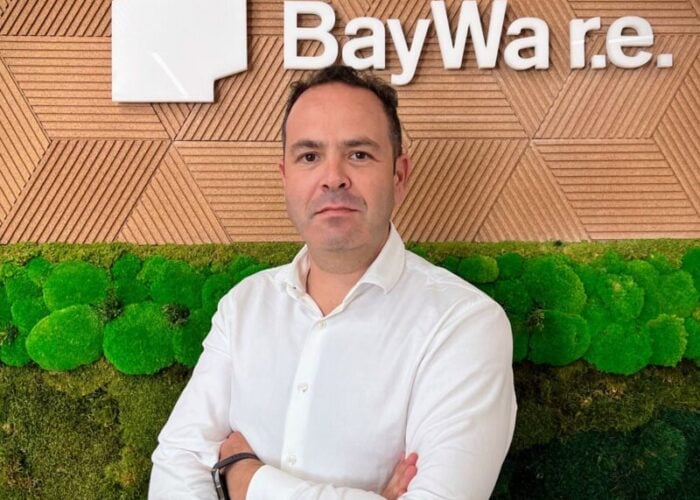When the democratically-elected President of Nigeria, Muhammadu Buhari, took office in May this year, the country of 170 million people had just 2.5GW of power capacity. PV Tech spoke to Professor Abubakar Sani Sambo, the chairman of the Nigerian Member Committee, World Energy Council (WEC), who will be speaking at the Solar Energy UK 2015 event in Birmingham this week, about what the outlook is for the solar industry five months into the new premiership of a country with a huge energy deficit.
Unlock unlimited access for 12 whole months of distinctive global analysis
Photovoltaics International is now included.
- Regular insight and analysis of the industry’s biggest developments
- In-depth interviews with the industry’s leading figures
- Unlimited digital access to the PV Tech Power journal catalogue
- Unlimited digital access to the Photovoltaics International journal catalogue
- Access to more than 1,000 technical papers
- Discounts on Solar Media’s portfolio of events, in-person and virtual
Or continue reading this article for free
Has Nigeria’s power output progressed in the last few months?
It was 2.5GW at the time Buhari took office, which was grossly inadequate, but now the electricity supply has jumped to almost 5GW mainly from gas and large-scale hydro plants. This improvement is not because of new distribution infrastructure or new generation, but through the sale of government-owned power plants to the private sector. Today in Nigeria there is also a lot of reliance on auto-generation of electricity.
The government wants to significantly expand the energy mix by bringing in additional sources like solar and other renewable energy sources. A new renewable energy policy has been prepared and it is with the government for approval. After Buhari took office, we were advocating the necessary conducive environment for the organised private sector to come in.
What solar opportunities are there for foreign investors and developers in Nigeria?
As part of the renewable energy policy waiting approval, foreign investors can apply for a licence from the Nigerian Electricity Regulatory Commission to generate renewable electricity and sell it to the off-takers. They can also partner with local companies to locally produce components for renewable energy power plants, or to execute renewable energy projectss, which are advertised all over the country.
Furthermore, land will be provided more or less free to any group that wants to setup an electricity power plant and there will be zero import duties for renewable energy components.
What is the future outlook?
Our projection is a 10% growth rate of the Nigerian economy, for which we would require 30GW of electricity in the next five years and 78GW by 2030. That is going to be a very huge effort from a country that has been grossly mismanaged over the past years. Things are changing rather slowly, but if the new renewable energy policy is approved, the outlook for solar electricity in the country will be much improved. The amount of solar in the country right now is very poor with less than 20MW installed.
What about the wider West African region?
The majority of West African countries are more serious than Nigeria in renewable electricity simply because they do not have the oil that Nigeria has and therefore they have committed themselves to renewables. Ghana is in the forefront, followed by Senegal, Cote D’Ivoire and Niger.
Due to the population of Nigeria (more than half of West Africa), if the Nigerian government becomes serious about renewables, we are going to overtake all those other West African countries.
Once provision of land and zero import duties comes in, the coast will be clear for the private sector to invest in renewable electricity and within the first four years of President Muhammadu Buhari's rule, most of these requirements could be solved.







